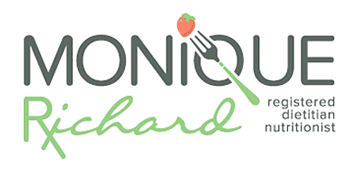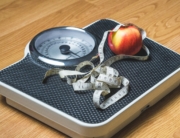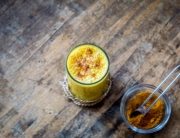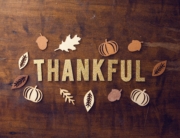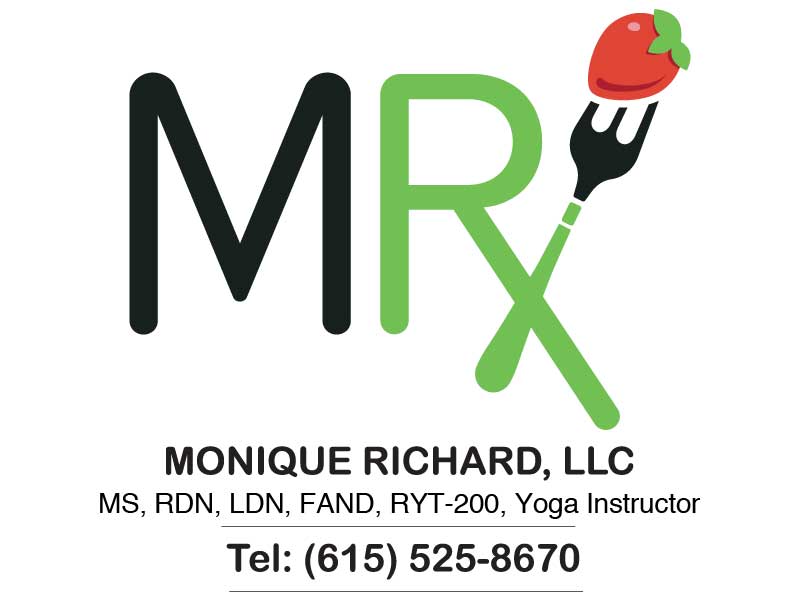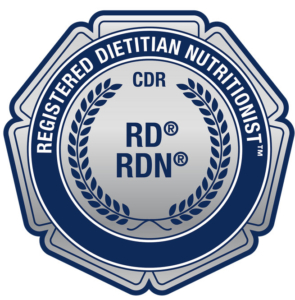We’ve heard it, we’ve read it, we’ve maybe experienced the brutal consequences of not getting enough at one time or another.
Most Americans are not getting enough of this nutrient in its purest form. What is it? WAAAH-TER – cue the visual and sounds of refreshing cold water filling a glass or the ‘ahhh’ sound that you make after a long gulp that quenches your thirst. Adequate hydration is essential for so many bodily functions and organs including our skin, digestive processes, joint health, and thermoregulation (internal body temperature control) to name a few. As you can see, the importance of preventing dehydration and being proactive in getting adequate fluid intake becomes more and more apparent.
What is dehydration? 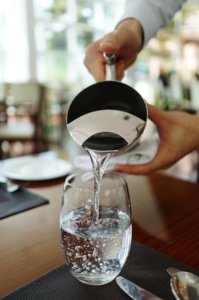
Dehydration is any point the body is losing more fluid than it is taking in. The effects of this water imbalance can put the body at risk for serious consequences.
After a country music star collapses on stage due to dehydration, Monique was interviewed to discuss some of the signs and risks of dehydration in a recent radio interview with Darrell Moody on WXIS- “LiveWire Radio 103.9″
Other signs and symptoms include:
- Thirst
- Dry lips and dry mouth
- Flushed skin
- Headache
- Dizziness and fainting
- Dark yellow, strong smelling urine
- Low blood pressure and increased heart rate
- Fatigue
- Severe dehydration can lead to confusion, lethargy and pain in the abdomen or chest.
You may be dehydrated even if you don’t have any of the signs so it is important to drink fluids often even before you feel thirsty.
Many people don’t feel thirsty until they’re already dehydrated.
Meet with a Registered Dietitian Nutritionist (RDN) to find out what your individual fluid needs are and use these simple tips to be sure you are staying hydrated, especially as the temperature gets warmer.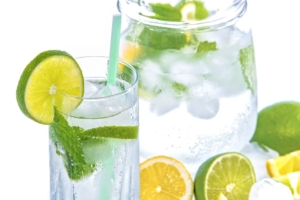

- Choose water to drink when you are thirsty, avoiding sugar-sweetened beverages like soft drinks.
- Keep water nearby when you are at work, at school, and even at home in a stainless steel recyclable container. Think of it as important to carry around as your phone.
- Enjoy other fluids such as unsweetened tea, 100% vegetable or fruit juices and soups to help you meet your fluid needs.
- Choose decaffeinated drinks more often to keep you well hydrated.
- Take sips of water while eating meals and snacks.
- Keep a gallon pitcher or container full of ice water, with lemon, lime, orange or cucumber slices in your fridge to make drinking water more enticing and refreshing!
